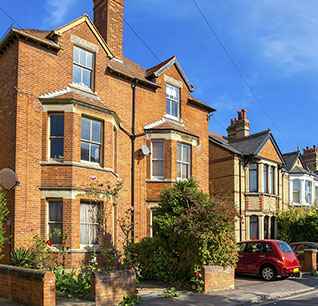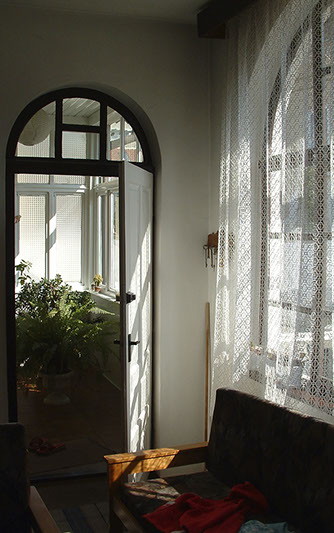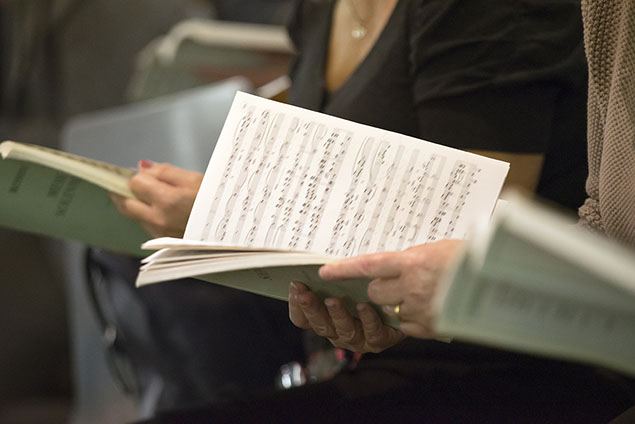Valuation and Sale of Financial Rights and Interests





Introduction
Reversionary Interests
Income Streams
Valuation and Sale of Other Financial Assets
Introduction to H.E. Foster & Cranfield
H.E. Foster & Cranfield opened for business in 1843 holding public auctions of reversions, life policies and other financial interests at the London Auction Mart in Bartholomew Lane, close to the Bank of England. Selling such items as Debentures at the Royal Albert Hall, life policies owned by members of the Royal Family and a Pacific Island, the company quickly became recognised as expert in its field.
Although no longer based near the Bank, the firm has continued to expand its advisory business and is now one of the leading firms involved in the valuation and sale of reversionary and life interests in trusts, income streams charges, royalties and the valuation of part interests in property where the part owner is in residential care.
We are specialists in the valuation and sale of financial rights and assets.



Reversionary Interest
Over the years we have helped hundreds of people with a reversionary interest in trusts realise their assets, either by selling or bringing the trust to
an end.
Income Stream
We are often asked to value and sell rights that generate an income, it can be anything that has a copyright such music or income from a trust.
Other Financial Interests
We are asked to value a number of unusual financial interests such a discounted gift trusts.
Who's who at H.E. Foster & Cranfield
 Roger Lawrence
Roger Lawrence
Roger qualified as a Fellow of the Institute and Faculty of Actuaries in 1991. Having spent the early part of his career working with life insurers and benefit consultants, he has been involved in traded life insurance markets for 27 years and since 2015 has run the Foster & Cranfield policy auction business before joining the H.E. Foster & Cranfield practice in 2022.
What is a reversionary interest?
A reversionary interest (e.g. in a trust) is a future entitlement to assets (property, shares etc) which have been bequeathed to an individual but which that individual cannot access until another event happens (usually the death of a ‘Life Tenant’).
 So, for example’s sake, a father dies and under his Will, leaves his house to his two children in equal shares. However, his widow is to have the right to live in the house until she dies and is known as the Life Tenant. The children are therefore said to have a reversionary interest in the property and are known as reversioners or remaindermen.
So, for example’s sake, a father dies and under his Will, leaves his house to his two children in equal shares. However, his widow is to have the right to live in the house until she dies and is known as the Life Tenant. The children are therefore said to have a reversionary interest in the property and are known as reversioners or remaindermen.
There may come a time when one or both of the remaindermen want to realise their reversionary asset before the death of the Life Tenant. Perhaps they want to buy their own home, start a business, or need money for divorce purposes.
We are also asked to advise on the market value of a beneficiary's interest in a trust or to advise what would be fair for each beneficiary to receive if it has been agreed to bring a trust to an end.

Case Study 1
The will of a lady left a Trust Fund consisting of a portfolio of blue-chip equities valued at around £137,500 to her son aged 65, provided that his father (a gentleman then aged 90) received the income during his lifetime and also provided that the son outlived his father. An insurance policy was put in place to cover that eventuality and the son offered 100% of his reversionary interest at auction.
The interest sold at auction for £83,000.
Case Study 2
A father set up a will trust for his three children to inherit his family home with the stipulation that their mother live there until she died. One of three children wanted to sell her one-third interest in the property before the death of her mother who was now aged 75. The property was a 3-bedroomed terraced house valued by a local estate agent as being worth around £225,000 with vacant possession.
The reversionary interest sold at auction for £32,500.
Case Study 3
A beneficiary under a Family Trust wanted to sell 25% of his one-quarter interest in a Trust which consisted of a large commercial property (valued at around £5.3million) His interest would become payable on the death of his mother who was then aged 82.
The one-sixteenth interest sold at auction of £108,500.
Case Study 4
A will provided for a widow, then aged 71, to receive the income from a trust fund valued at £115,000. On her death the assets of the trust were to pass to her deceased husband's sons. We advised on a fair and reasonable basis for the trust to be brought to an end and assets distributed to the beneficiaries.
What is an income stream?
An Income Stream is exactly what it sounds like – income which is paid regularly (quarterly, annually etc) for a well-defined term such as the death of an individual or until a specific date and could be paid in respect of royalties, advertising hoardings etc. It is possible to capitalise this income if a recipient would rather have a lump sum than smaller regular payments.


Case Study 1
Royalties paid in respect of a book of poetry by an American author, which amounted to approximately £700 per annum and which would continue until 2032 (upon the 70th anniversary of the death of the poet).
This Income Stream was sold at auction for £5,200.
Case Study 2
Royalties paid in respect of music composed and performed by a composer who wrote many pieces of orchestral music in the early part of the twentieth century. He died in 1959 with probably his most famous work, being performed by many artists including Frank Sinatra. The piece was also used in the film War Horse and recorded by Alfie Boe for an episode of Downton Abbey. The royalties generated an income stream of approximately £9,000 per annum
This income stream was sold at auction for £77,000.
Case Study 3
A trust provided for a couple aged 67 and 71 to receive an income of £1,000 per annum until both had died. We advised the trustees on an appropriate lump sum to pay them in lieu of the annual income.
Case Study 4
A will provided for a gentleman aged 86 to receive income from an investment for the rest of his life; at the time the annual income was about £2,900. An investor bought the right to the income for £10,600.
Valuation and Sale of other financial assets
In addition to the work specifically described elsewhere on the website,
H.E. Foster & Cranfield has been involved in advising on:
- Discounted Gift Trusts
- Loan Notes issued under double-trust arrangements
- Part-interests in property when the part owner is in residential care
- Capitalisation of a chattels lease
- Application of the Intestacy Tables

Case Study 1
A Registered Charge
A freeholder advanced funds to a leaseholder in respect of repairs he carried out to property and for which the leaseholder could not immediately pay. The charge of £35,000 was registered with Land Registry and was well-secured against the property which was situated in London SE19. The charge was to be repaid ten years after it had been registered and interest was being charged at the fixed rate of 7% per annum payable on the 1st day of each month. The charge was sold at auction for £35,000.
CONTACT US
To contact us call 07710 796860.
Email us at roger@hefostercranfield.co.ukAddress:119 Foxhall Road, Ipswich,
Suffolk IP3 8JZ.People who instruct us
- Solicitors and accountants advising trust beneficiaries.
- Charities looking to realise a legacy left to them in a Will Trust
- Trustees in Bankruptcy who want to determine the value of a financial interest owned by a bankrupt client
- Matrimonial solicitors wanting to know the value of a financial interest owned by one of a divorcing couple
- Councils responsible for providing residential care
- Professional advisers who want an Expert Witness report for a Court or Tribunal hearing.
H.E. Foster & Cranfield Valuation and Sale of Financial Rights & Interests
H.E. Foster & Cranfield Limited Registered in England No: 9709942